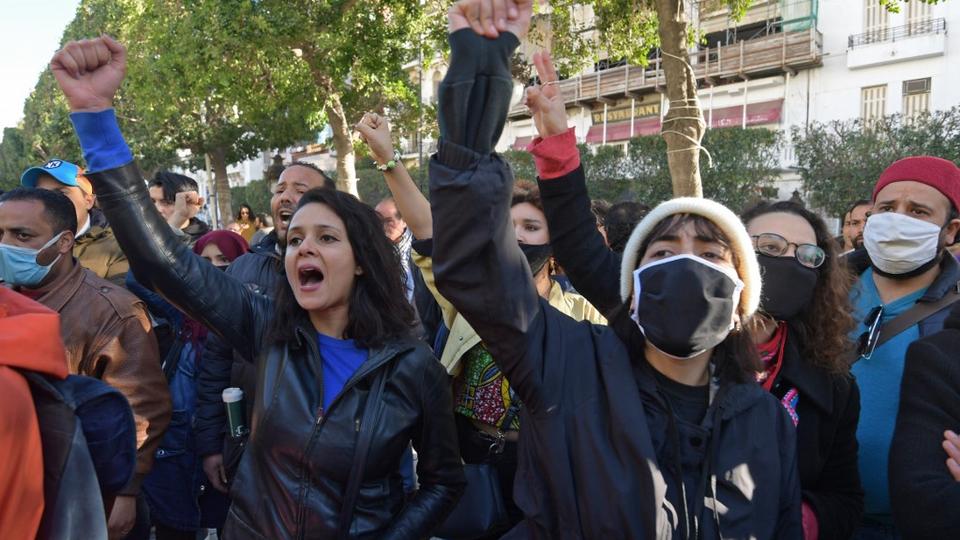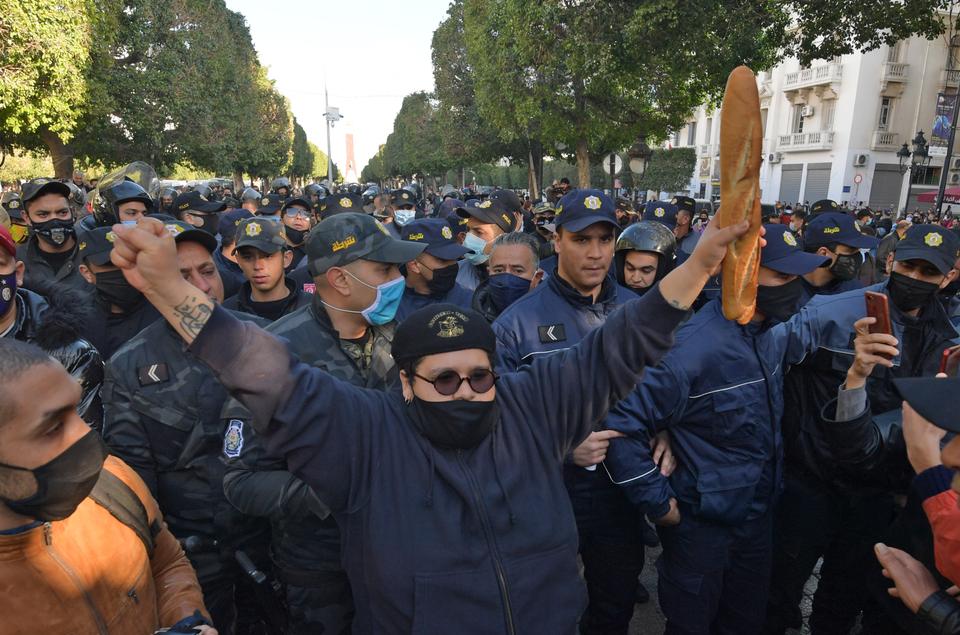Scientists to global policymakers:
Treat fish as food to help solve world hunger
Sustainable seafood central to strengthening food security if viewed as more than just a natural resource

IMAGE: WOMEN AT MARKET GATHER AROUND CATCH FROM LAKE MALAWI view more
CREDIT: ABIGAIL BENNETT, MICHIGAN STATE UNIVERSITY CENTER FOR SYSTEMS INTEGRATION AND SUSTAINABILITY
Scientists are urging global policymakers and funders to think of fish as a solution to food insecurity and malnutrition, and not just as a natural resource that provides income and livelihoods, in a newly-published paper in the peer-reviewed journal Ambio. Titled "Recognize fish as food in policy discourse and development funding," the paper argues for viewing fish from a food systems perspective to broaden the conversation on food and nutrition security and equity, especially as global food systems will face increasing threats from climate change.
The "Fish as Food" paper, authored by scientists and policy experts from Michigan State University, Duke University, Harvard University, World Bank and Environmental Defense Fund, among others, notes the global development community is not on track to meet goals for alleviating malnutrition. According to the U.N. Food and Agriculture Organization, the number of malnourished people in the world will increase from 678 million in 2018 to 841 million in 2030 if current trends continue -- an estimate not accounting for effects of the COVID-19 pandemic. Fish provide 17% of the animal protein consumed globally and are rich in micronutrients, essential fatty acids and protein essential for cognitive development and maternal and childhood health, especially for communities in developing countries where fish may be the only source of key nutrients. Yet fish is largely missing from key global food policy discussions and decision-making.
"Fish has always been food. But in this paper, we lay out an agenda for enhancing the role of fish in addressing hunger and malnutrition," says Abigail Bennett, assistant professor in the Center for Systems Integration and Sustainability in the Department of Fisheries and Wildlife at Michigan State University. "We are urging the international development community not only to see fish as food but to recognize fish as a nutrient-rich food that can make a difference for the well-being of the world's poor and vulnerable. What kinds of new knowledge, policies and interventions will be required to support that role for fish?" she adds.
The United Nations' Sustainable Development Goal 2, Zero Hunger, does not mention fisheries or aquaculture by name, nor does it offer specific guidance on fish production systems. Fish also appear underrepresented in international development funding priorities, such as by the World Bank, the paper finds.
"Fish -- and aquatic foods in general -- are largely ignored in the food policy dialogue," says Kristin Kleisner, lead senior scientist for Environmental Defense Fund Oceans program and a co-author of the paper. "This is a huge oversight, as fish offer a critical source of nutrition unparalleled by any other type of food, and it is often the only source of key nutrients for vulnerable populations around the world.
"By refocusing on nutrition, in addition to the many other benefits fisheries provide, we're amplifying a call to action for governments, international development organizations and society more broadly to invest in the sustainability of capture fisheries and aquaculture," adds Kleisner.
"Fisheries will be ever more important as the world faces mounting challenges to feed itself," says Kelly Brownell, director of the World Food Policy Center at Duke University.
Global policymakers and funders framing fish as food, the authors state, can encourage innovative policies and actions to support the role of fish in global food and nutrition security.
The paper identifies four pillars of suggested action to begin framing fish as food, not just a natural resource. These pillars are:
- 1. Improve metrics. There is currently a paucity of metrics to assess and communicate the contributions of fish to food and nutrition security. Governments and researchers can collaborate to develop better tools to raise the profile of fish in broader food and nutrition security policies and investment priorities.
2. Promote nutrition-sensitive fish food systems. Current management regimes emphasize the "maximum sustainable yield" for a given fishery. Managing for "optimal nutritional yield" would focus on not just rebuilding and conserving fish populations -- an important goal in and of itself -- but also on sustainably managing nutrient-rich fisheries.
3. Govern distribution. Availability, access and stability are key features of food and nutrition security. Even though fish is one of the most traded food commodities in the world, there is limited information about its distribution and links to nutrition security. There is also a need to promote equitable distribution of capital and property rights to access fisheries, particularly that recognize the importance of small-scale fisheries and roles women play in fishing and aquaculture sectors.
4. Situate fish in a food systems framework. Policymakers need the tools to conceptualize fishing and aquaculture as components of the food systems framework. A "fish as food" framing requires a better understanding of the connections among fish production and distribution, terrestrial agriculture and planetary health.
Sustainable fisheries and aquaculture are key to feeding the world and alleviating malnutrition and already provide valuable nutrition and livelihood contributions. Including a nutrition lens when illustrating the multiple benefits of sustainable fisheries production can help to elevate the importance and impact of fish as a key component of the global food system and to ensure that we do not fall behind in global food security targets.
###













